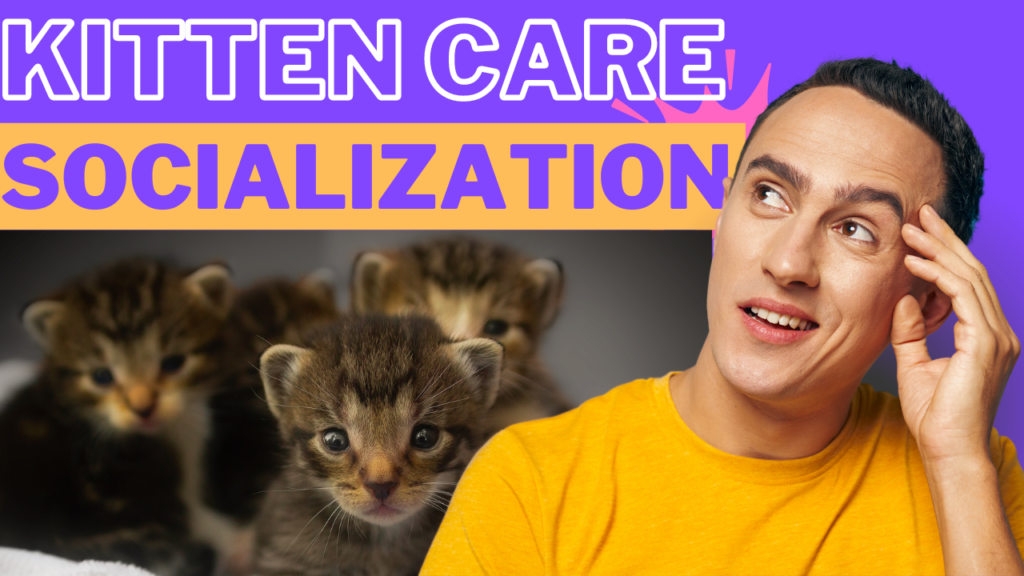Cat breeding is a fascinating and intricate process that involves a deep commitment to the health and well-being of felines. In this comprehensive guide, we will explore the methods, responsibilities, and ethics that govern the world of cat breeding. By the end, readers will have a solid understanding of how cat breeders operate, ensuring they make informed decisions when considering a purebred cat.
The Role of a Cat Breeder
Cat breeders play a crucial role in maintaining and enhancing cat breeds. Their primary objective is to produce kittens that adhere to specific breed standards while prioritizing genetic health and temperament. A responsible cat breeder is dedicated to the welfare of their cats, providing a safe and nurturing environment where both adults and kittens can thrive.
Types of Cat Breeders
There are two main types of cat breeders: hobby breeders and professional breeders.
- Hobby Breeders: Often motivated by passion rather than profit, hobby breeders typically breed one or two breeds. They often have a smaller number of breeding cats and focus on the quality of the kittens rather than quantity.
- Professional breeders typically operate on a larger scale and may specialize in multiple cat breeds. They usually invest significantly in their breeding programs, focusing on health testing, genetic screening, and compliance with breed standards.
Breeding Practices
Selecting Breeding Pairs
One of the most critical aspects of cat breeding is the selection of breeding pairs. Breeders assess potential mates based on health, genetics, and temperament. The goal is to produce kittens that not only meet breed standards but also possess desirable traits such as friendly personalities and robust health.
Breeders often use genetic testing to identify potential hereditary issues. By understanding the genetic backgrounds of both parents, breeders can make informed decisions to reduce the risk of genetic disorders in their kittens.
Health Screening
A responsible breeder conducts thorough health screenings for their breeding cats. This typically includes:
- Feline Leukemia Virus (FeLV) and Feline Immunodeficiency Virus (FIV) testing
- Hypertrophic Cardiomyopathy (HCM) screening, particularly for breeds prone to this condition
- Orthopedic evaluations to assess joint health
These health checks are vital in ensuring that both the parents and their offspring are free from serious health issues.
Kitten Care and Socialization
Creating a Safe Environment
Once the kittens are born, breeders must create a safe and nurturing environment. This involves:
- Providing adequate space and clean living conditions
- Ensuring proper nutrition for the mother and kittens
- Monitoring the health of the kittens closely

Early Socialization
Socialization is essential during the initial weeks of a kitten’s life. Responsible breeders expose kittens to various stimuli, including:
- Different sounds (e.g., household noises, children)
- Various surfaces (e.g., carpet, tile)
- Interaction with humans and other pets
This early exposure helps develop well-adjusted and confident adult cats.
Finding Responsible Cat Breeders
Research and Recommendations
When looking for a reputable cat breeder, it is essential to conduct thorough research. Potential cat owners should:
- Request recommendations from veterinarians or local breed clubs.
- Visit cat shows to meet breeders directly.
- Explore online platforms to find reviews and testimonials.
Interviewing Breeders
Prospective buyers should not hesitate to ask breeders questions. A responsible breeder will be open to discussing their practices and should provide:
- Information on health testing
- Details about the kitten’s socialization
- A written contract outlining the terms of sale and any health guarantees
Ethical Considerations in Cat Breeding
Avoiding Overpopulation
One of the most significant ethical responsibilities of breeders is to contribute to reducing the overpopulation of cats. This involves making informed decisions about breeding and ensuring that each litter is planned thoughtfully. Responsible breeders often require potential buyers to sign agreements ensuring that they will not breed the cat further or will provide a safe and loving home.
Support for Kittens
Reputable breeders remain committed to the welfare of their kittens throughout their lives. This includes:
- Providing lifetime support for the kitten’s owners
- Being willing to take back cats if the owner can no longer care for them
- Ensuring that their cats go to responsible and loving homes
Conclusion
In summary, understanding how cat breeders work is essential for anyone interested in bringing a purebred cat into their home. Responsible breeding involves a complex interplay of genetics, health, and ethics, all aimed at producing healthy, well-adjusted kittens. By prioritizing the welfare of their cats and ensuring proper practices, breeders can positively contribute to the feline community.
#: If you want to know in more detail, be sure to check out THIS RESOURCE


